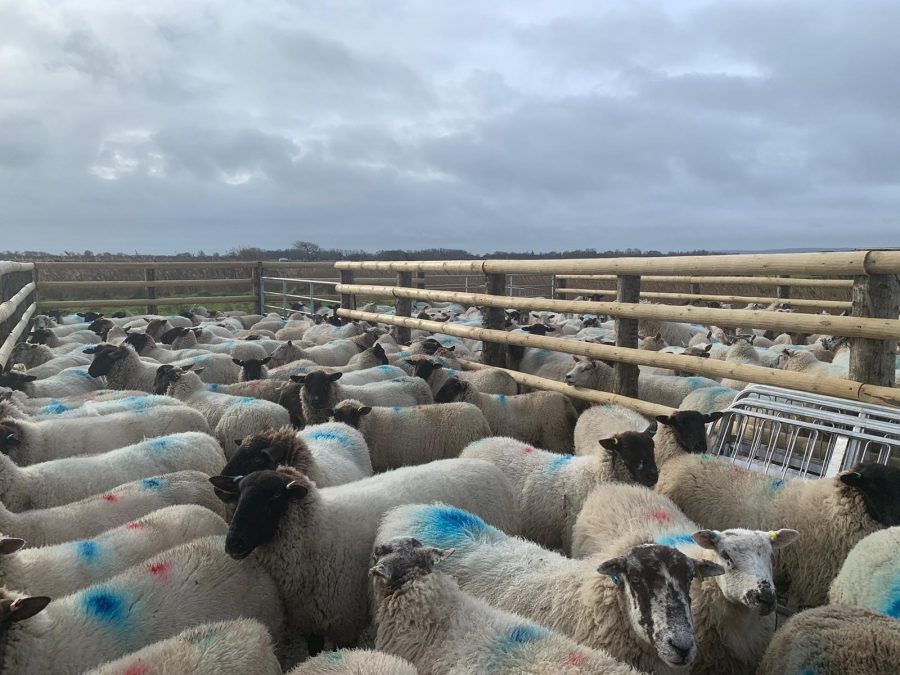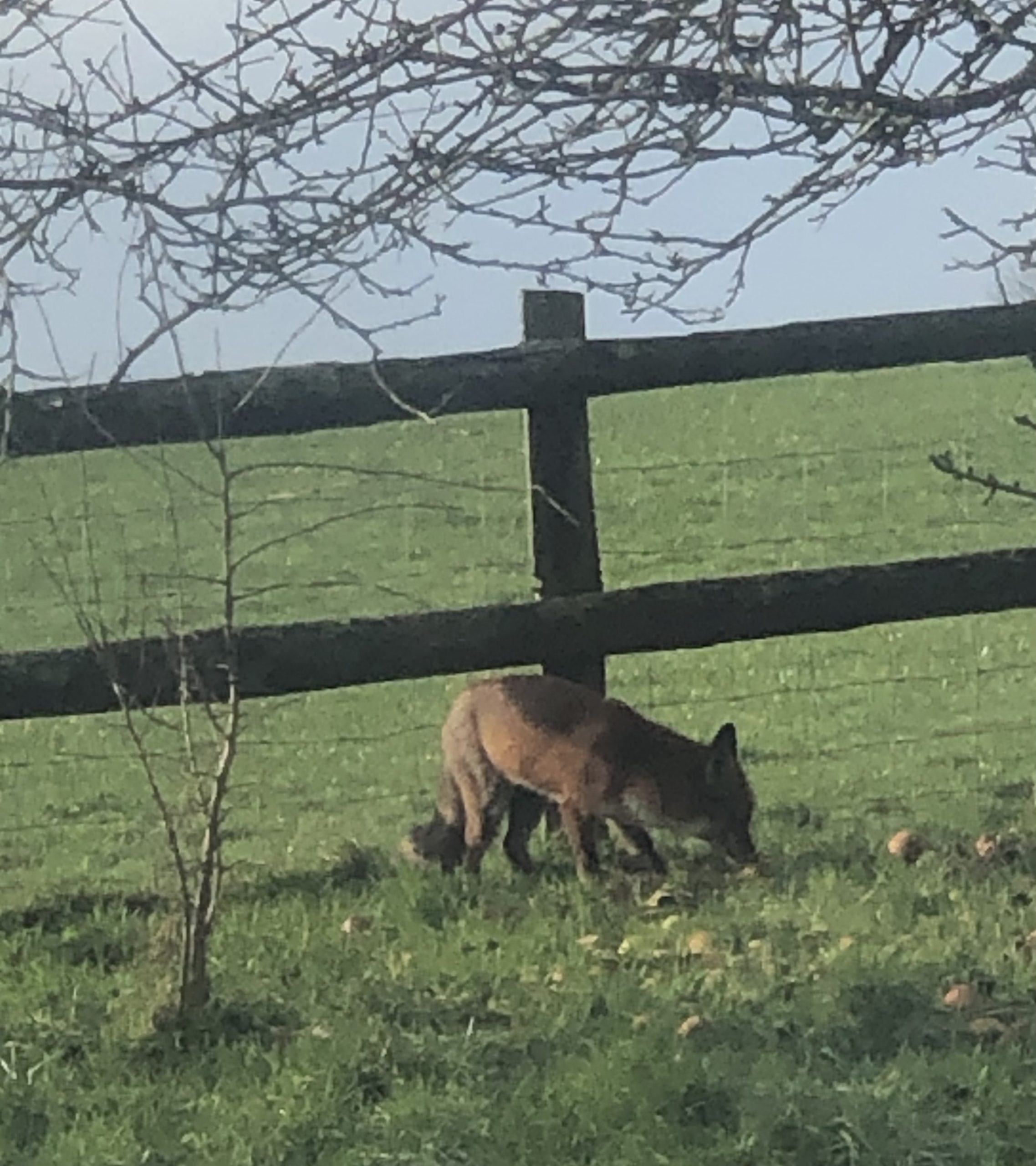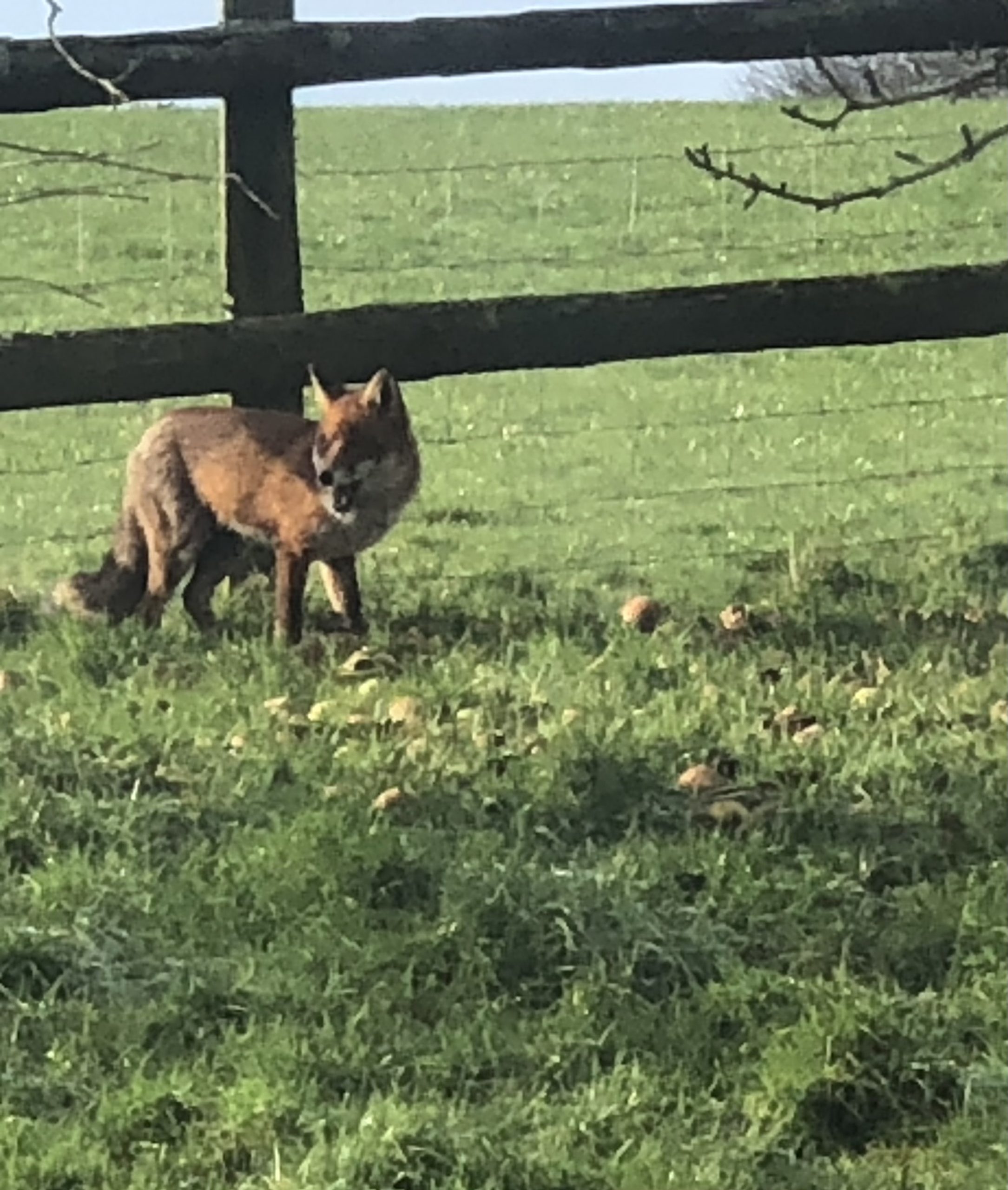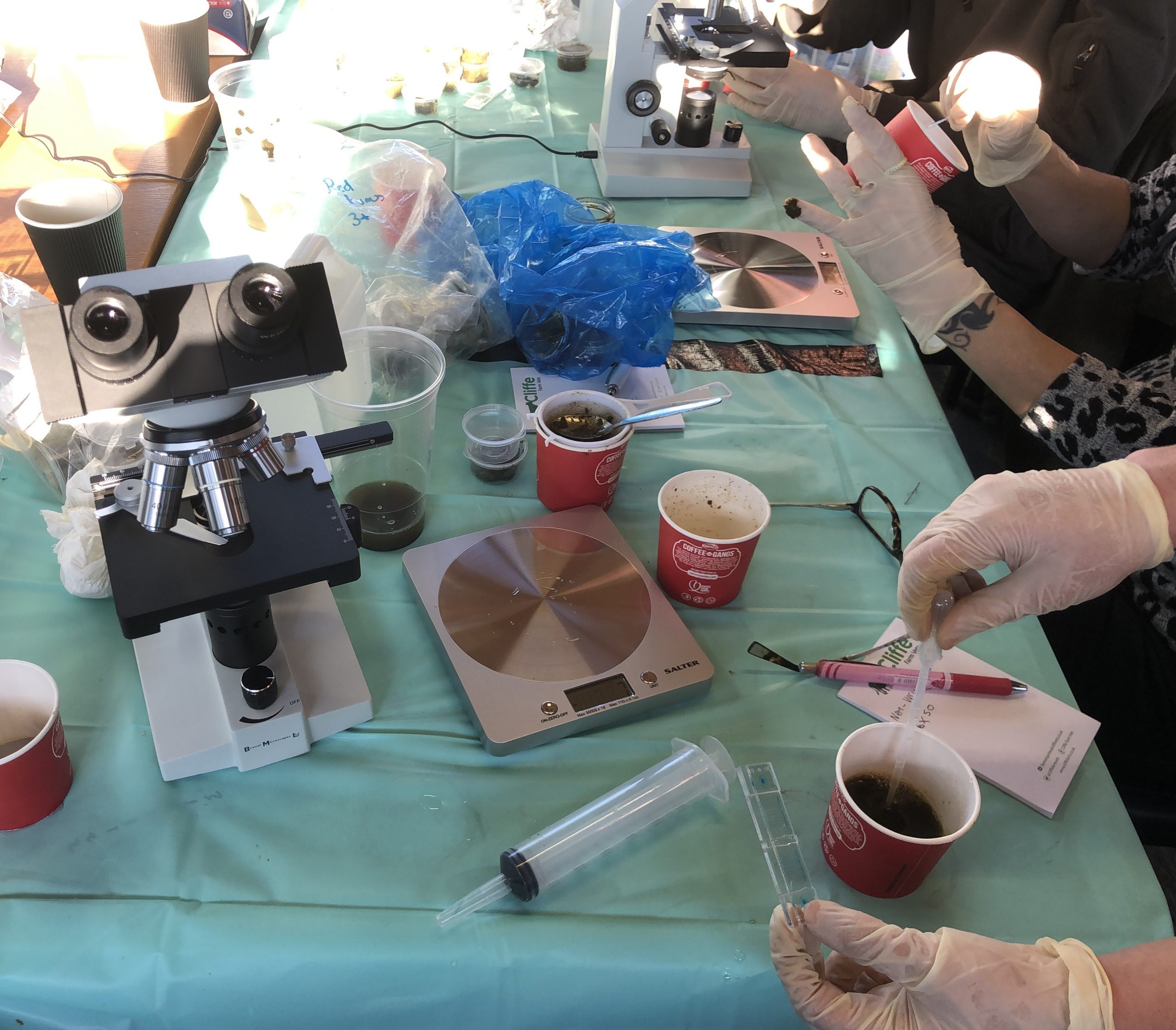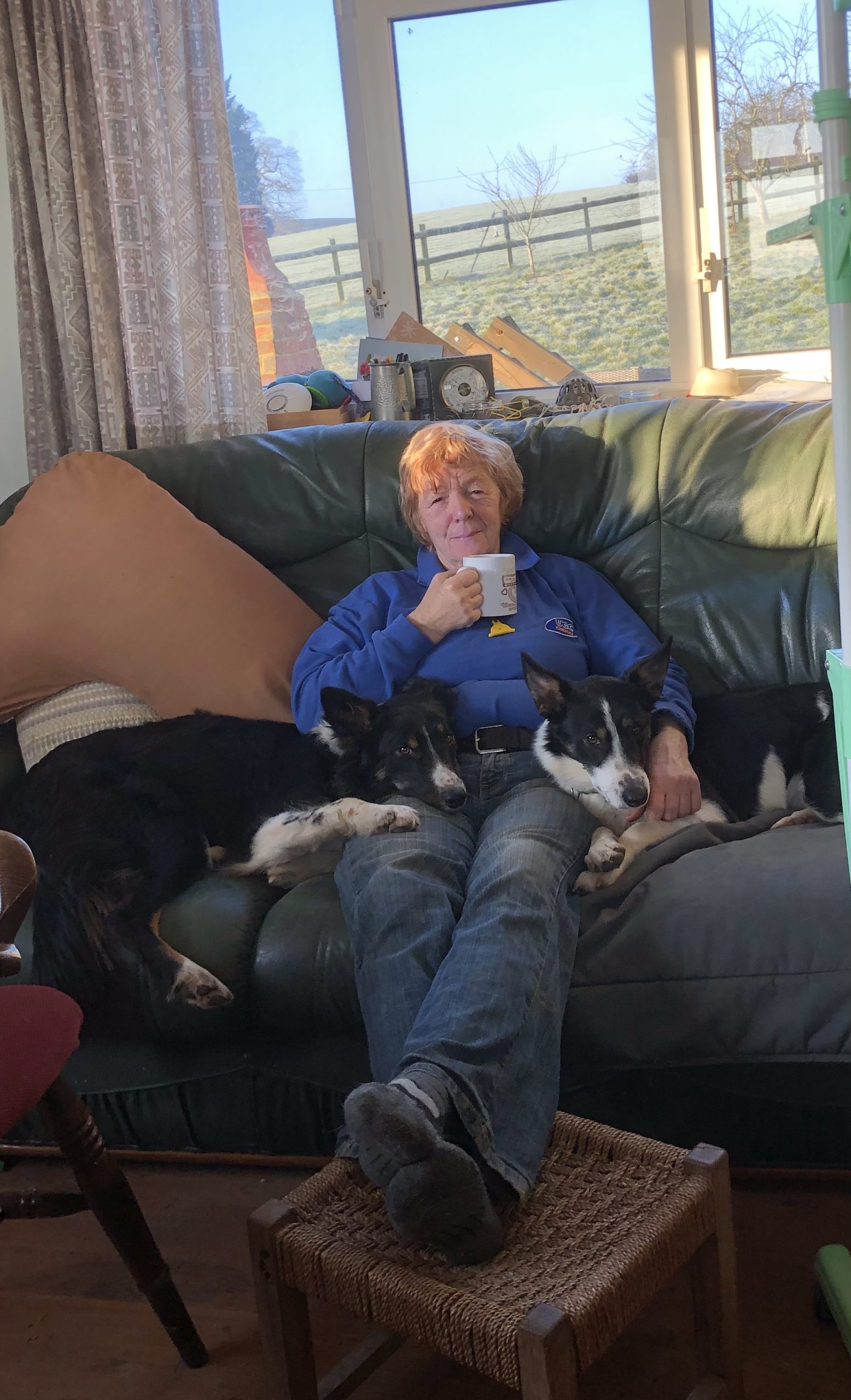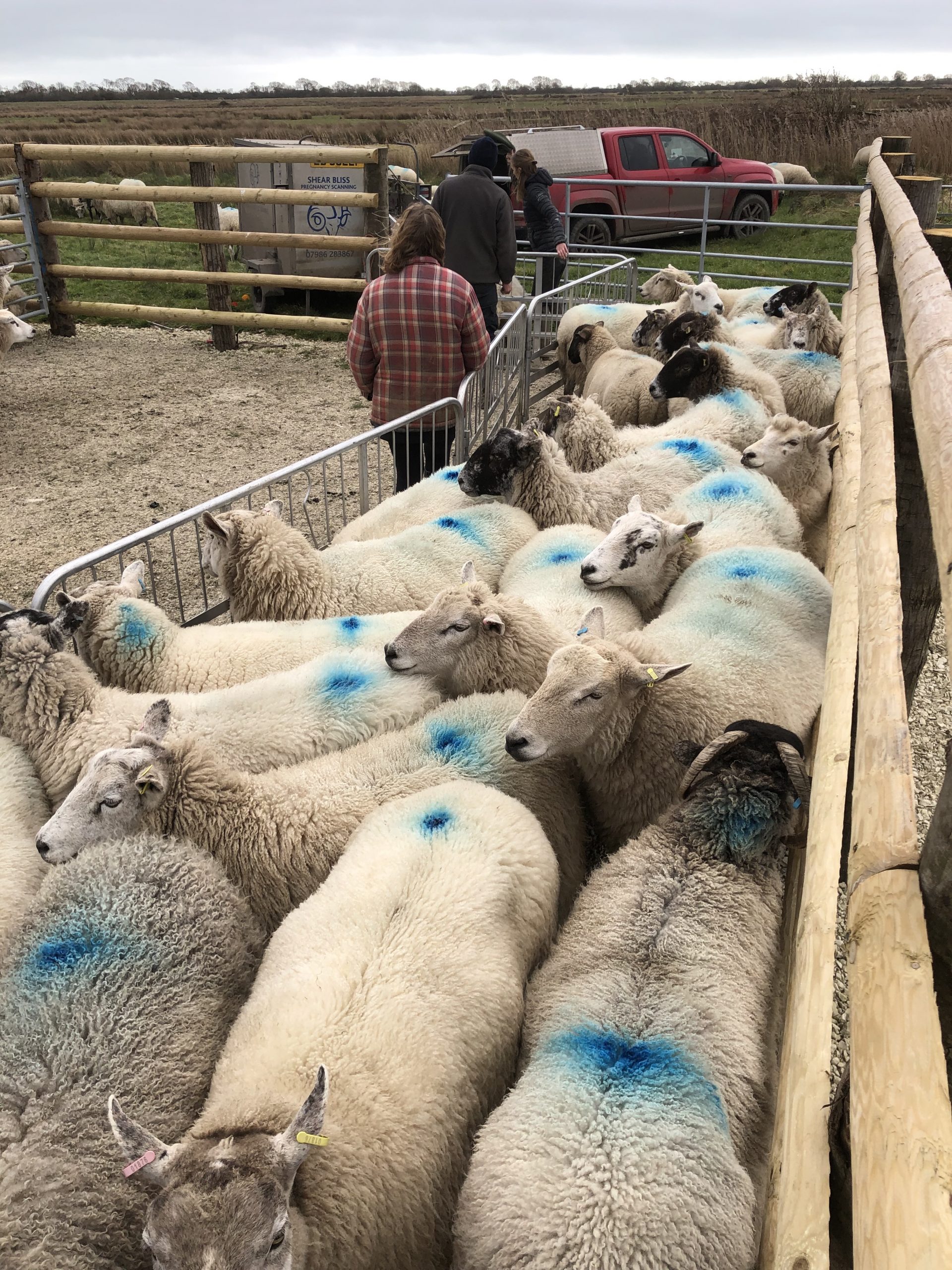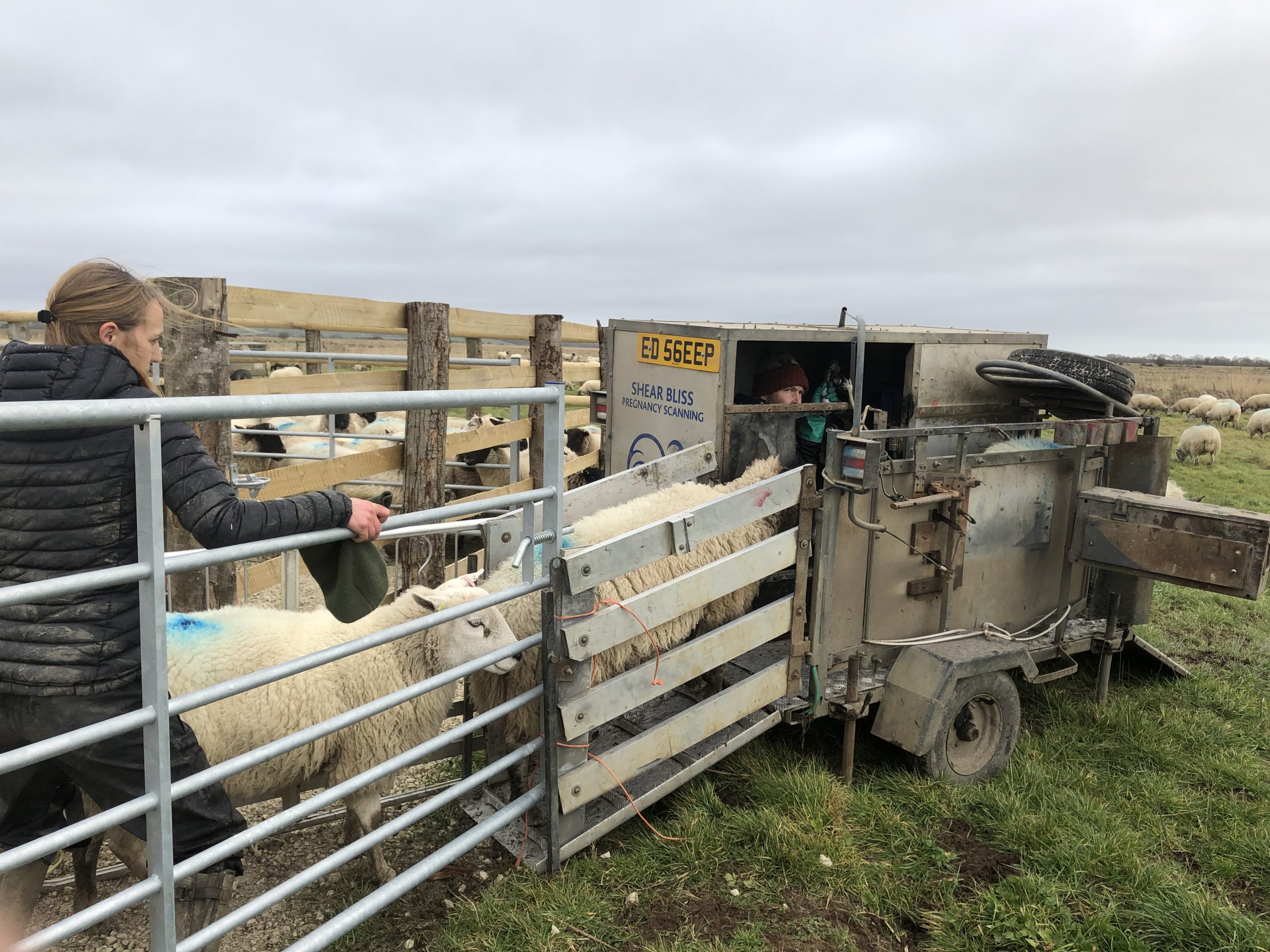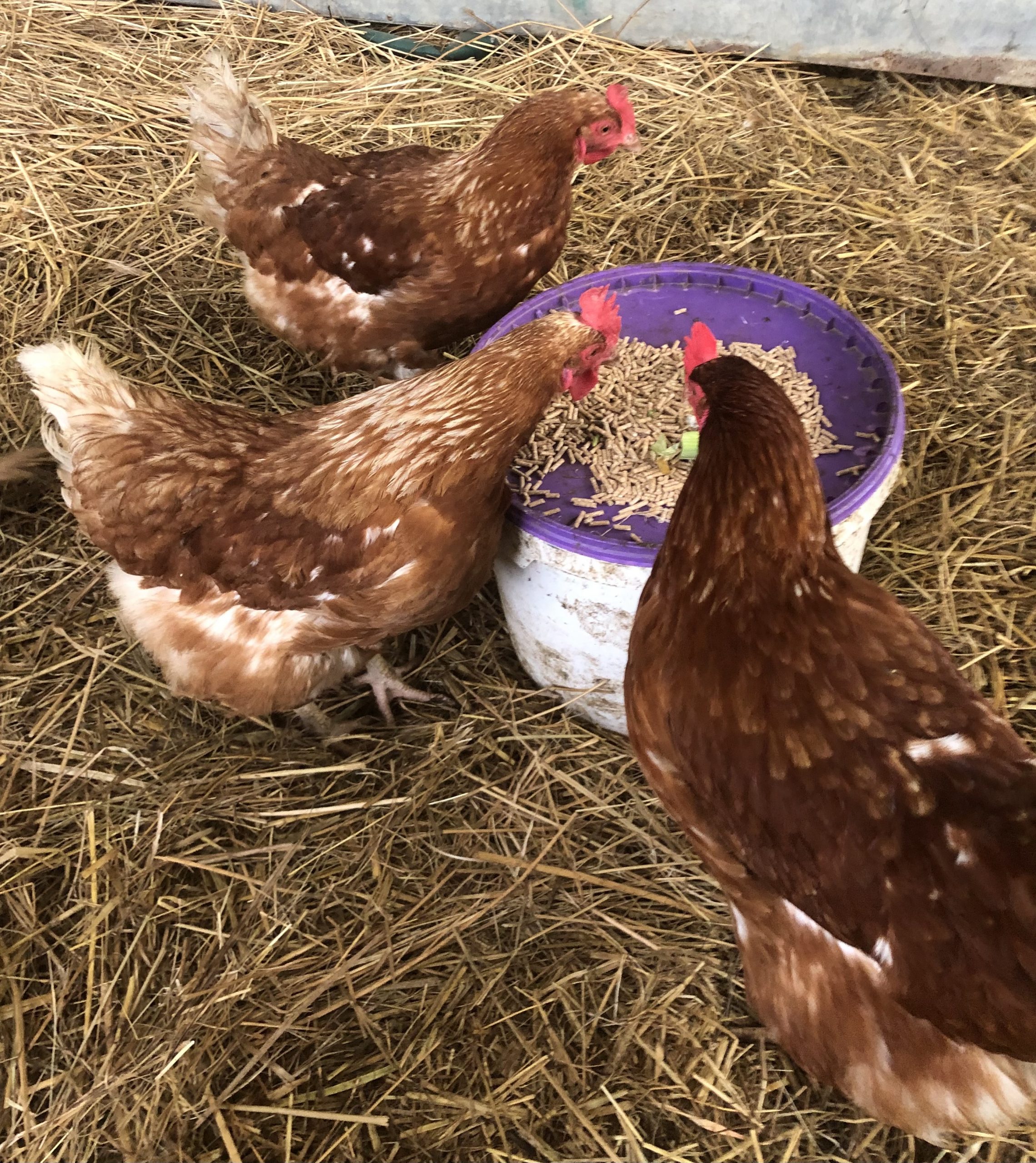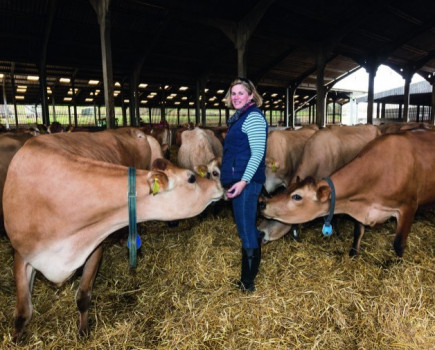On a bright and frosty morning we were astounded to see a fine looking fox stroll into our garden and calmly begin munching on windfall apples. Our dogs would have gone ballistic had they seen him; my husband threw down his coffee and rushed off to get his gun. Luckily for the fox, it’s such a rigmarole getting keys, tackling double locks, selecting cartridges etc., that by the time other half was organised the fox had ambled off. He didn’t act like a country fox.
I think it’s cruel that wildlife rescue centres nurture ailing urban foxes back to health then release them into the countryside. A small part of me felt sorry for the fox, but when I think of the toll they’ve taken in chickens and lambs over the years this quickly evaporated. These urban foxes have no fear of humans and probably wonder where all the dustbins have gone. Several neighbouring properties were also visited by this unwelcome guest. I haven’t seen him lately, so I’m guessing someone was quicker off the mark than us. Freebie foxes are not welcomed by shepherds, especially around lambing time.
Our chickens remain confined to the shed and I have to say our eggs yolks look horribly pale. They scratch about in the straw and I occasionally throw them some greenery but it’s just not the same as hens roaming around in the paddock. Last year I didn’t harvest as many apples as usual and felt guilty about the number of windfalls, but over the winter we’ve enjoyed witnessing a wide variety of birds feasting on them. It’s quite entertaining, and a bird identification book now resides on our kitchen table.
We had someone from the Sussex Barn Owl Study Group look around our farmland and advise us on suitable locations for placing barn owl boxes. We purchased three and I have to admit that these have been stored during the wet weather, but with it coming drier we plan to get them up shortly. Barn owls are awesome so I would be delighted if our land could provide a home for them. I’ll keep you updated.
I expect that, like us, you’ve recently received a letter and email regarding “Environmental land management funding update”. I’ve yet to study it in detail. I’ll be reading the small print and I’m not rushing to sign up to anything. I feel disappointed by this government’s attitude to food production and horrified that they appear to be embracing cheap imports, which are neither good for the environment nor people’s health. The overload of bureaucracy further complicates an already difficult situation.
Agricultural infrastructure needs preserving. Livestock markets play a critical part in the food chain. In our area there is a lot of land which is most suited for growing grass. Stock farmers need a vibrant market within easy distance, not only for trading but also for its social role within the rural community. Hailsham Market is hoping to move to a new location just out of town. This would improve access for large vehicles and provide better parking and more up-to-date facilities for the animals. Please support this application.
My sheepdog training ground to a halt this winter; I thought the sheep looked miserable enough in muddy conditions without me letting young dogs loose on them. Now it’s drier I’ve picked out a handful of hoggets and put them in the paddock for training purposes. I was happy to discover that the youngsters had retained their skills, although a little brushing up on directions for left and right is needed both for trainer and dogs.
This week I’ve been on an egg hunt. Not the Easter variety but sheep faecal worm eggs. The course was run by Cliffe Vets and covered both the theory about worm control and the practical elements of the identification skills required when using a microscope. I’ve long held the ambition to be able to identify the worm burden within my flock. It’s maybe not every woman’s dream, but I’m genuinely excited about the prospect of better monitoring. It should help with early detection and I will also be able to check for wormer resistance and do some parasite mapping of our pastures. If I get it right, the end result will be better health status for our flock.
The study day meant an early start for me so that I could fulfil my farming duties, dog exercising etc. Plus we’d been requested to arrive with 10 individual faecal samples each from two separate management groups of sheep. One flock was very obliging, but the second group was unusually reluctant about supplying the course requirement. I rushed home for breakfast and unthinkingly left the young sheepdogs in the boot room along with the samples, I should have known better, although I was able to salvage some; it was a case of: “The dog ate my homework.”
The rest of the day was most informative, and I’m always happy to talk sheep. I was also able to collect my supply of Heptavac P immunisation for my ewes; I’d heard there were supply issues so I was relieved to get my requirements in hand.
We are due to scan the ewes shortly, although there are now two fewer to scan. As I drove across the marsh I could see two microlight aircraft swooping over our ewes. Of course I can’t prove anything, but when I walked out into the field the ewes looked unsettled, and half a dozen were blackened by dyke water.
When I counted, I was two short, and started to check the dykes, and sure enough I found two drowned sheep close together. This flock has been grazing on those fields most of the winter with no problems, so something or someone had clearly spooked them. Such times are upsetting, disappointing and annoying, but best not to dwell on it. Nigel has been trying to persuade me that electronic collars are the answer. Apparently they can alert you if an animal doesn’t move; I’d probably find they were just asleep. Sounds unaffordable and too hi-tech for me.
Best of luck to all shepherds for the 2023 lambing season.
- Our sheep enjoying the sunshine, taking a rest at Herstmonceux castle
- Mr Fox likes eating apples
- Mr Fox likes eating apples
- It’s not coffee in these cups! Preparing faecal samples for microscopic hunt for eggs
- Everyone deserves a coffee break
- Ladies in waiting
- In the queue for scanning
- Chickens are missing green pastures

